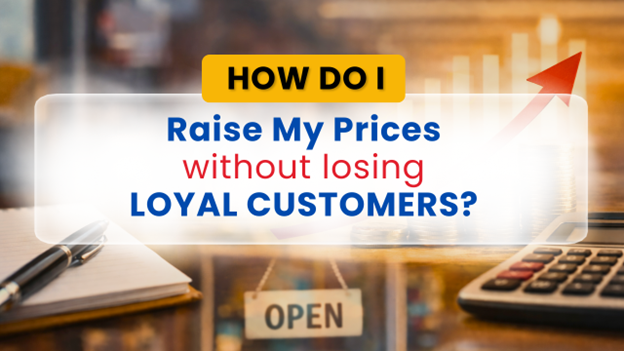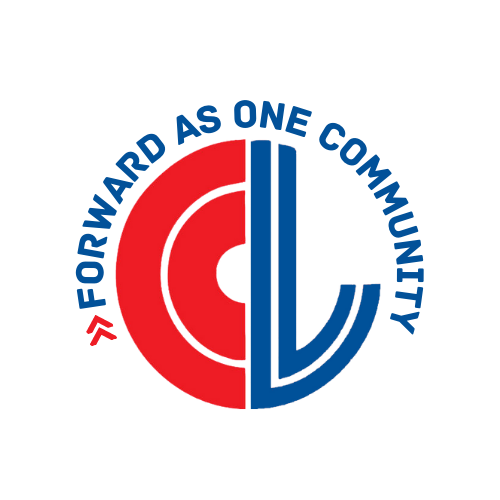A Recent Ruling Overturning the FTC’s Ban on Non-compete Agreements: What It Means for Small Business Owners
- A recent ruling by U.S. District Judge Ada Brown upheld the legality of non-compete agreements, blocking an FTC rule aimed at banning them.
- Non-compete agreements prevent employees from working for competitors or starting their own businesses within a specified time and area after leaving a job, designed to protect sensitive business information.
- FTC sought to ban these agreements in order to promote fair competition and empower employees to seek new job opportunities without fear of legal repercussions.
- Business groups, including the U.S. Chamber of Commerce, oppose the ban on non-compete agreements, arguing they protect proprietary information, support small businesses' competitiveness, and promote workforce stability by reducing turnover.
- Small business owners should ensure their non-compete clauses are reasonable and comply with legal standards while also focusing on building a strong company culture to retain talent.
506 words ~ 2 min. read
Recently, U.S. District Judge Ada Brown in Dallas blocked a Federal Trade Commission (FTC) rule aimed at banning non-compete agreements that employees typically sign. Judge Brown ruled that the FTC does not have the authority to eliminate practices it considers unfair competition through broad regulations. This decision follows a temporary ban imposed in July while she considered a challenge from the U.S. Chamber of Commerce, who wanted to invalidate the rule entirely. The FTC's regulation was supposed to take effect on September 4.
What is a non-compete agreement?
Noncompete agreements are contracts that stop employees from working for competing companies or starting their own businesses within a certain time frame and geographic area after leaving their job. These agreements aim to protect sensitive business information and maintain a competitive edge, but they have faced criticism for limiting employee mobility and hindering wage growth.
The FTC's Justification for Banning Non-Compete Agreements
The Biden administration wanted to ban non-compete agreements as part of its broader effort to promote fair competition and enhance workers' rights in the job market. By restricting these agreements, the administration hoped to empower employees, giving them more freedom to pursue new job opportunities without the fear of legal repercussions from former employers. Moreover, the administration acknowledged that noncompete clauses can suppress wages and innovation, which may lead to slow economic growth. The goal was to create a more dynamic workforce, fostering competition and allowing workers to fully utilize their skills in a competitive economy.
Reasons for Business Groups' Lawsuits Against the Ban
Business groups, including the U.S. Chamber of Commerce, pushed back against the ban on non-compete agreements, arguing that these contracts are essential for protecting proprietary information and trade secrets. Many small businesses, which often operate with limited resources, depend on non-compete clauses to maintain their competitive edge and protect their investments in employee training. Additionally, employers argue that these agreements can promote stability in the workforce, preventing employees from leaving at the first offer and allowing companies to build knowledgeable teams without worrying about high turnover.
What Small Business Owners & Employers Need to Know
This ruling is significant for small business owners and employers. It reaffirms the legality of non-compete agreements, allowing them to enforce contracts that prevent employees from sharing proprietary information or directly competing for a certain time after their departure. However, it’s crucial for business owners to understand the legal details involved. Noncompete clauses need to be reasonable in terms of scope, duration, and geography to be enforceable. Small businesses should also stay informed about changes in workplace policies and ensure their practices comply with both federal and state laws, as regulations can differ greatly across regions.
While noncompete agreements can provide some protection, they shouldn’t be the only way to safeguard business interests. Employers should also focus on building a strong company culture and engaging employees to retain talent and reduce turnover. As the legal landscape continues to evolve, staying informed and compliant will be essential for small business owners facing this complex issue.
---
The Leavenworth-Lansing Area Chamber of Commerce is a private non-profit organization that aims to support the growth and development of local businesses and our regional economy. We strive to create content that not only educates but also fosters a sense of connection and collaboration among our readers. Join us as we explore topics such as economic development, networking opportunities, upcoming events, and success stories from our vibrant community. Our resources provide insights, advice, and news that are relevant to business owners, entrepreneurs, and community members alike. The Chamber has been granted license to publish this content provided by Chamber Today, a service of ChamberThink Strategies LLC.




